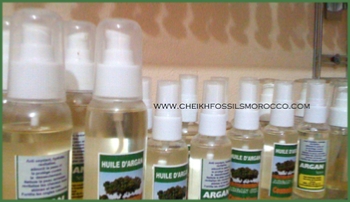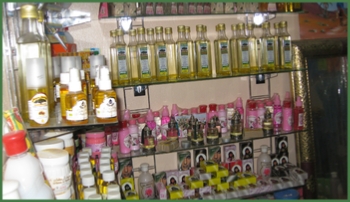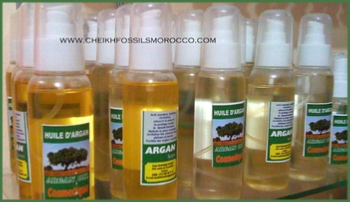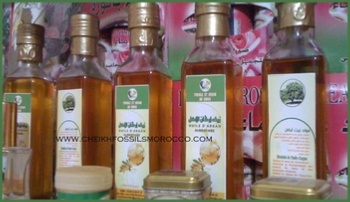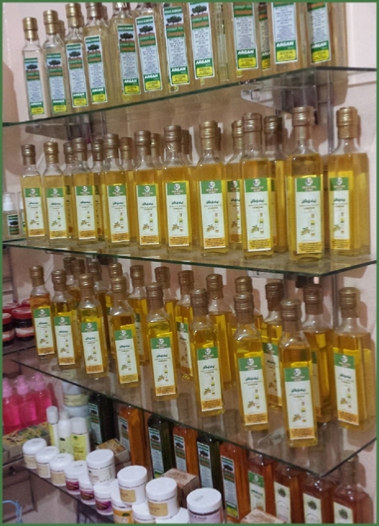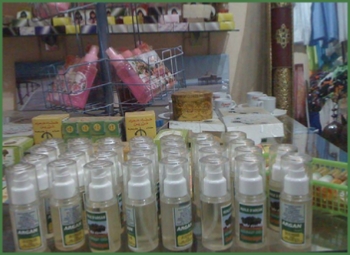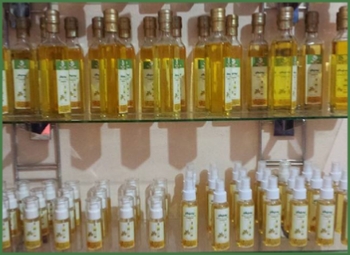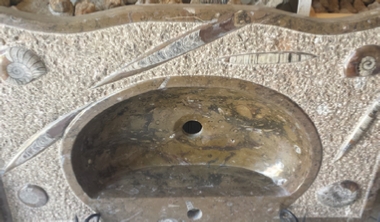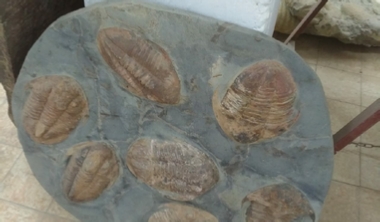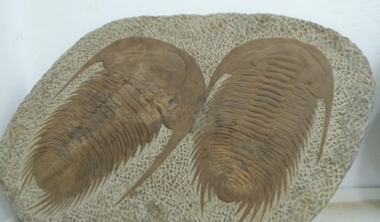




Cheikh Fossils Morocco. Website designed by Gomarnad
Address: Ksar Lamhirgia Maadid Route , Errachidia , Erfoud
Phone / WhatsApp: +212 662 46 41 21 Email: cheikhfossiles@gmail.com







Address: Ksar Lamhirgia Maadid Route , Errachidia , Erfoud
Phone / WhatsApp: +212 662 46 41 21
Email: cheikhfossiles@gmail.com
Cheikh Fossils Morocco -
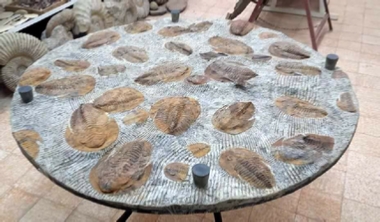





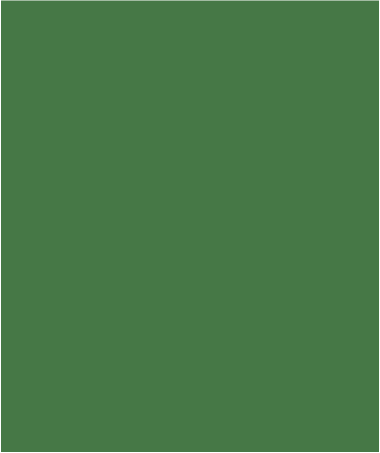
Argan oil of Morocco for sale : Best Argan shampoo for sale, Argan for best price
is a plant oil produced from the kernels of the argan tree (Argania spinosa L.) that is endemic to Morocco. In Morocco, argan oil is used to dip bread in at breakfast or to drizzle on couscous or pasta. World-
The genus Argania once covered North Africa and is now endangered and under protection of UNESCO. The argan tree grows wild in semi-
This biosphere reserve, the Arganeraie Biosphere Reserve, covers a vast intramontane plain of more than 2,560,000 hectares, bordered by the High Atlas and Little Atlas Mountains and the Atlantic in the west. Argan oil remains one of the rarest oils in the world due to the small and very specific growing areas.
Culinary use of Argan Oil
Culinary argan oil (argan food oil) is used for dipping bread, on couscous, salads and similar uses. Amlou, a thick brown paste with a consistency similar to peanut butter, is produced by grinding roasted almond and argan oil using stones, mixed with honey and is used locally as a bread dip.
Various claims about the beneficial effects on health due to the consumption of argan oil have been made. Researchers have concluded that daily consumption of argan oil is 'highly likely' to be one factor helping the prevention of various cancers, cardiovascular diseases and obesity.
The results of a nutritional intervention study, in which volunteers were given either argan oil or animal fats (butter) in their diet, were published in 2005. The results showed that regular dietary intake of argan oil led to reduced levels of harmful cholesterol and triglycerides in the blood, compared to a diet with regular intake of animal fats.
Cosmetic use of Argan Oil
Unroasted argan oil is traditionally used as a treatment for skin diseases and as a cosmetic oil for skin and hair: "In cosmetics, argan oil is advocated as moisturizing oil, against juvenile acne and flaking of the skin as well as for nourishing the hair. This oil has also medicinal uses against rheumatism and the healing of burns ... Externally, argan oil is used ... for hair as brilliantine, to fortify and ... in the treatment of wrinkled or scaly dry skin".
Argan oil has become increasingly popular for cosmetic use. The number of personal-
The increasing popularity of argan oil has prompted the Moroccan government to plan for increased production, with their aim being to increase annual production from approximately 2,500 to 4,000 tonnes by 2020.
